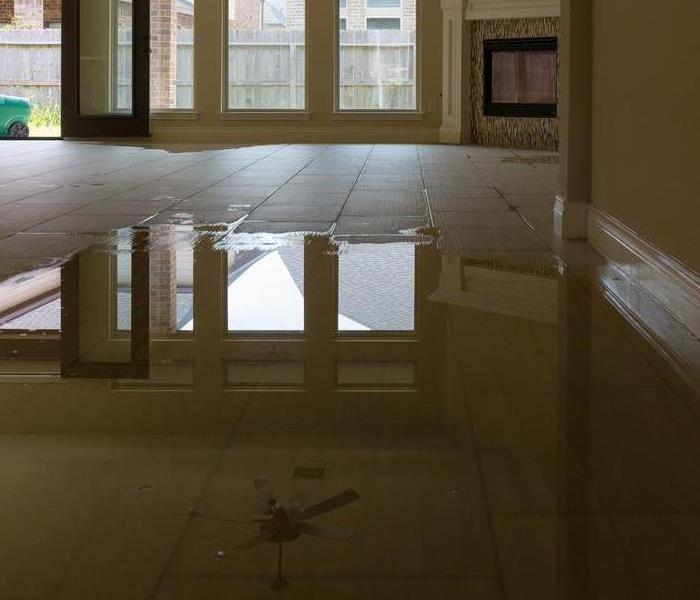An Overview of Commercial Generators
12/10/2019 (Permalink)
In your workplace, you rely on electricity to power your equipment and devices. You also need power for people to do their jobs safely and effectively. Most of the time, you won't have to worry about the power going off. However, if you ever do lose electricity, you should have a backup source to keep the lights on and things running smoothly in the office. A generator is the ideal solution.
What Knocks out the Power?
Assuming you've paid the electric bill, the electricity should flow freely through your Cincinnati, OH, building without any worries. There are circumstances, however, when you may have to turn to backup options. The following can cause short-term or long-term power losses.
Flooding
Fires
Storm surges
Earthquakes
Malfunctions with the city's grid system
How Generators Work
When the power goes out, your generator should automatically kick on and provide the electricity you need to run your business. The machine runs on either diesel fuel, solar power or natural gas. Thanks to this device, you should be able to use all of your electronic equipment until professional disaster mitigation teams clean up after a disaster and get your office back to normal.
Lifespan
Most quality generators should last for at least 20 years and possibly up to 30. Yours will work for between 3,000 and 5,000 hours. This will depend on how often you use the device and how well you take care of it. Proper storage and maintenance are critical to extending its usefulness. If you encounter generator problems, you should call a specialist to take a look at it. If your unit is broken or has any issues, make sure you repair it as soon as possible.
If you don't have a generator in your building now is a good time to get one. This device could keep your company running when there is a power outage in your workplace.






 24/7 Emergency Service
24/7 Emergency Service
